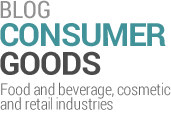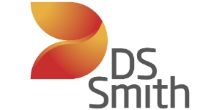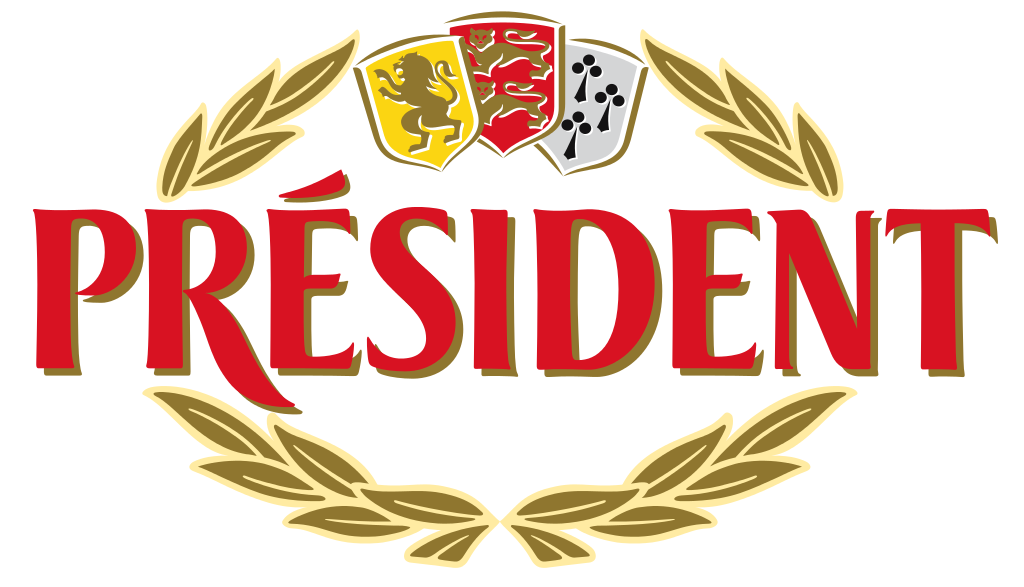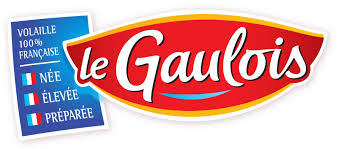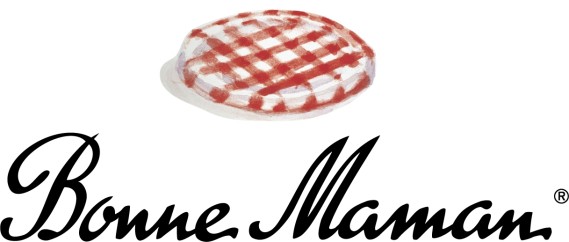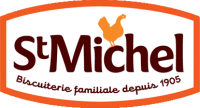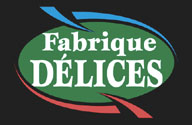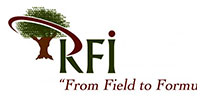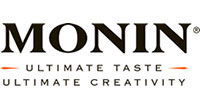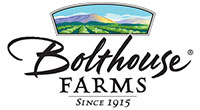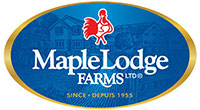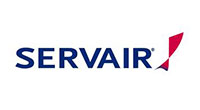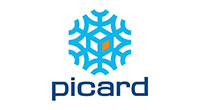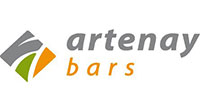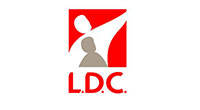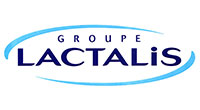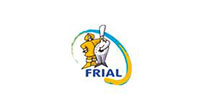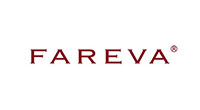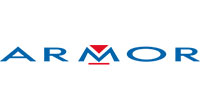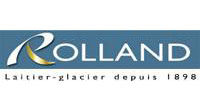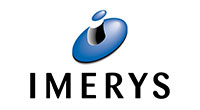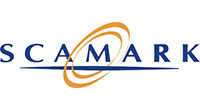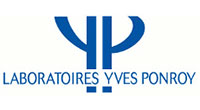
It could be extremely difficult to deal with various countries regulations when selling
globally. Even if norms and certifications tend to be international (ISO, HACCP, OHSAS…) the majority of rules are still country specific. For example if a Spanish company would like to expand into the USA, they would have to adapt labeling, conform to US protocols, legal requirements, and specific regulations about health and sanitary issues.
The importance of knowing what information is required
From the idea stage until the “on shelves” stage, all regulatory aspects must be taken into account. This is a complex process for global companies, because products are often sold in different countries with different regulations. Most of the global companies have a local compliance department to ensure their products follow each country regulations.
For instance, if a company wants to enter the Finnish market, it has to be
extremely consious of the labeling on product. The labeling information is very precise and composed of:
– Source and country of origin
– Accurately state what is contained in the package (e.g. calcium tablet). A trademark or trade name cannot be used to replace the name of the food product (e.g. hazelnuts spread has to be written on
Nutella)
– All ingredients must be listed by weight from heavier to lighter in accordance with the formula.
– Vitamins and minerals should be declared in the list by their chemical name (e.g. ascorbic acid or thiamine hydrochloride)
– Any substances potentially causing hypersensitivity (e.g. grains and cereals containing gluten) must be included in the ingredients list
– Net weight
– Warnings or statements put on ingredients (e.g. not recommended for pregnant women)
– Best before marking or last date of use
– Identification code and batch
– Recommended daily dose
– Storage instructions
– Alcohol content
A clear repository to easily extract any information
Once a company has gathered all needed information, it is important that they store it along with any additional documents such as products and raw material certification in a single and well organized repository that would allow them to later find the information. As a result, it would be easy to find all products containing pork for instance.
It is also useful to be able to create portfolio per countries without making redundancy.
An efficient labeling system
Labeling is different from a country to another (INCO, FDA…). Format, languages, required information… this could be a puzzling situation to cope with.
If we return to the example of a company trying to enter the Finnish market, all mandatory information must be written in Finnish and Swedish. Alternatively, labeling in Swedish may be replaced with Danish or Norwegian and made in a permanent manner (e.g. no stickers stuck on the package, label must be print on the package).
It is easier for quality teams to design a template per country and populate required info with data from the repository.
Process optimization
Each government or state agency expects some process regarding food production or food distribution. Consequently, it is important to be able to extract the right certification when required, to trace products and processes for proper audit (internal and external) or implement sanitary alerts to act and not only react.
Lascom offers a solution to deal with multi regulatory issues. A well organized repository allows teams to optimize labeling, optimize and audit their processes and provide considerably help to comply with local regulations in each country.
[/vc_column_text][/vc_column][/vc_row]